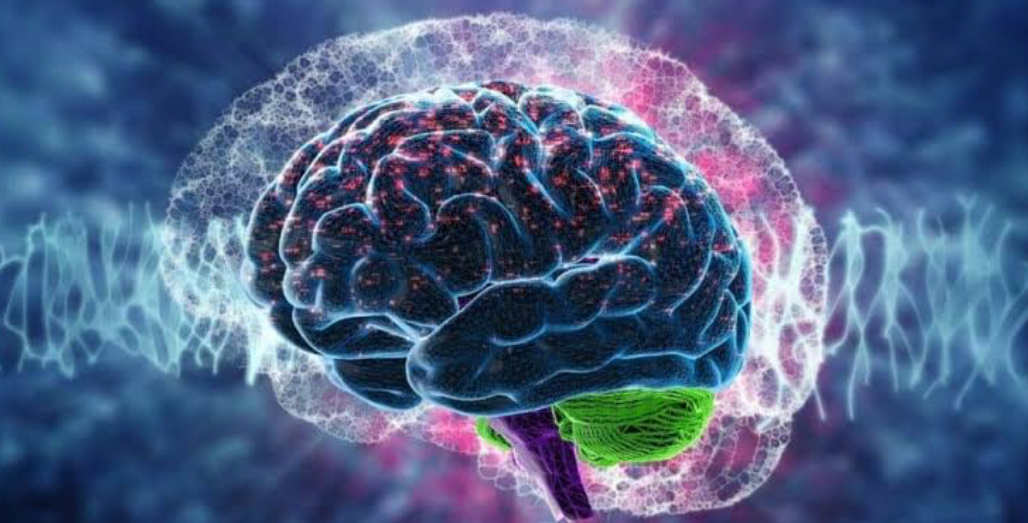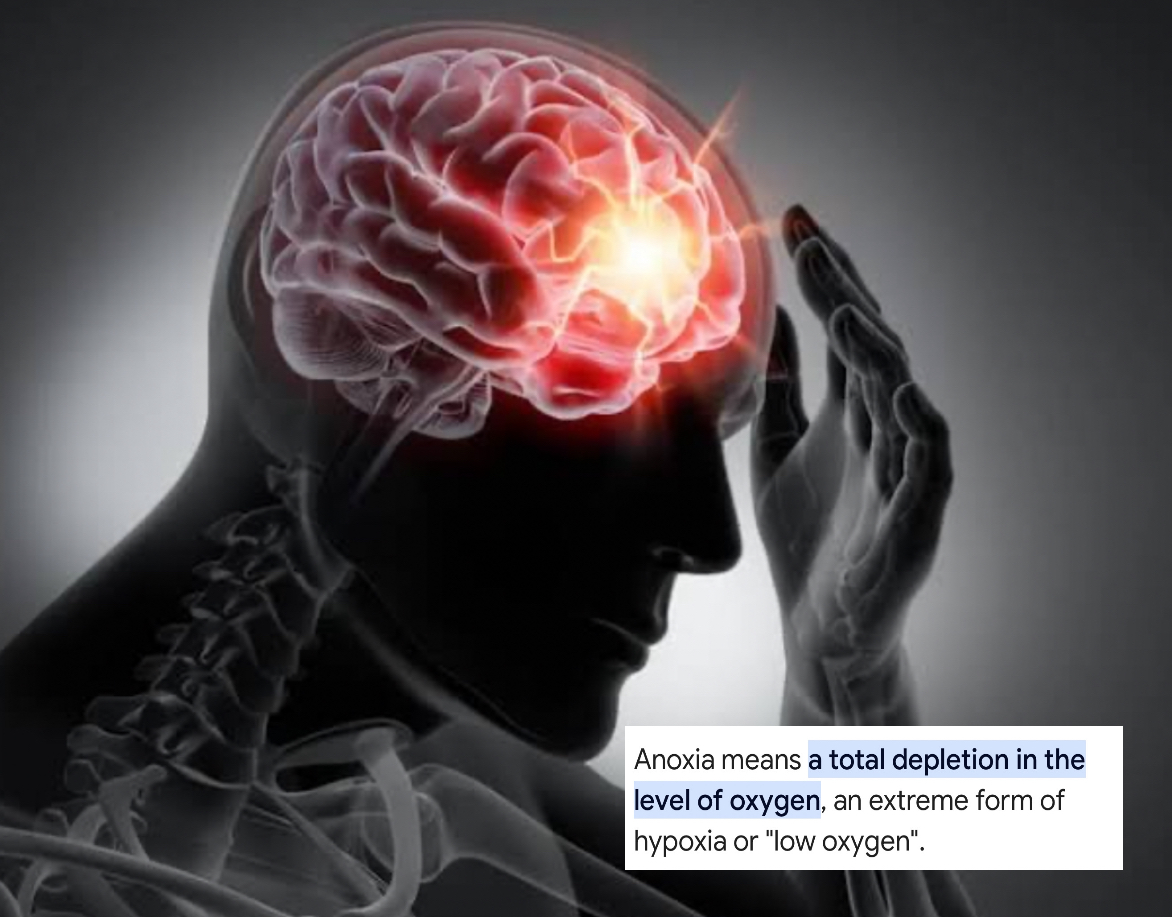Brains are amazing and complicated organs that are always working to remember things, process information, and control body functions. But what happens when air, the brain's primary fuel, runs out? Researchers from OIST have recently published a study in iScience, providing valuable insights into the impact of oxygen depletion on memory creation.

Oxygen and Neurons: What They Do
The brain uses up about 20% of the body's oxygen supply. Because neurons are the brain's basic computing units and communicate with each other through chemical and electrical messages, oxygen is critical for their survival. Through a process called long-term potentiation (LTP), learning makes these neural links stronger. If a group of neurons talk to each other more often, their link gets stronger, which helps memories form.
The Culprit: Anoxia-Induced Long-Term Potentiation (aLTP)
Anoxia-induced long-term potentiation (aLTP) is the topic of the new study. This really does happen when the brain doesn't get enough blood, like during a stroke. Too much of the chemical glutamate is released when this happens. Nicotine (NO) is made in neurons and blood vessels in the brain when there is a rise in glutamate levels. A fascinating discovery was made by the researchers: the NO that is made causes neurons to release more glutamate, which creates a glutamate-NO-glutamate feedback loop.

"We wanted to know how less oxygen affects the brain and how it works," says Dr. Han-Ying Wang, who led the study and talks about how important this result is. Nitric oxide helps glutamate get out of cells when oxygen levels are low, but no one knows for sure how it does this.
Hijacking Memory Processes: aLTP's Detrimental Effect
While aLTP is different from normal LTP, which is the process of strengthening memories, the cellular processes that make it work are similar. This important feature is messed up by aLTP, though. The study suggests that prolonged exposure to LTP disrupts the molecular processes necessary for normal LTP, potentially hindering memory formation.

Prof. Tomoyuki Takahashi, the leader of the study group, explains this as follows: "The glutamate-NO loop powers continuous NO synthesis, which is necessary to maintain aLTP." In order to break this loop and stop aLTP, NO production or glutamate release must be stopped. If you've had a stroke, you may have lost your memory. This finding is especially important for them. Scientists think that the fact that LTP stays in the brain for a long time may be one reason for this memory loss.
Possible approaches in therapy
A scientist at OIST named Dr. Patrick Stoney speaks about how this study could be used in therapy: "If we can understand the malfunctions occurring in oxygen-deprived neurons, it could pave the way for new stroke treatment strategies."

"The formation of this positive loop between glutamate and NO during oxygen deprivation is a crucial finding," says Prof. Takahashi, stressing how important the feedback loop is. We now know why LTP stays in the body and have found a possible way to treat memory loss caused by not getting enough oxygen.
Beyond the Study: A Look Ahead

The OIST team's study gives us useful information about how the brain reacts to insufficient oxygen and how that affects memory formation. The discovery of the glutamate-NO-glutamate feedback loop enables researchers to explore potential therapeutic interventions for addressing memory loss resulting from stroke and other oxygen-depriving conditions.
- Scientists are looking into the exact chemical processes that cause the glutamate-NO loop to form and break.
- Finding medicines or treatments that can target this loop to stop or fix aLTP could help reduce memory loss.
- Figuring out how aLTP affects brain processes other than memory over time.
To help people who have had a stroke or another neurological condition connected to oxygen deprivation live better, scientists are working to solve the mysteries of how the brain reacts to not getting enough oxygen.
Image Source: Multiple Agencies
Inputs from Agencies
© Copyright 2024. All Rights Reserved Powered by Vygr Media.


















